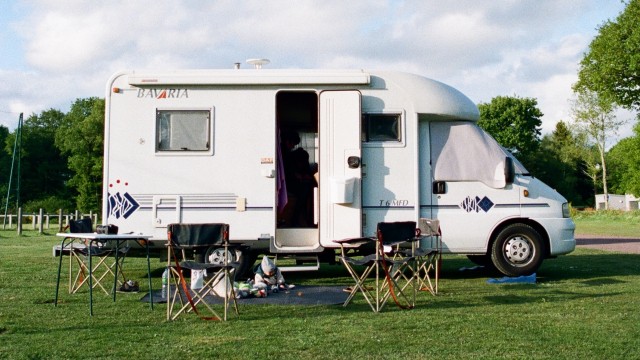LPG boilers work similarly to natural gas boilers apart from they run off LPG. They continue to produce energy to heat your radiators or underfloor heating and provide hot water to your home. LPG is known to be a safe and clean gas making it a very efficient method of home heating for off grid properties.
One of the main differences is that you are required to have a storage tank outside your property (usually in your garden) which is used to store the fuel. It is possible to have a tank underground if you do not wish to lose any garden space.
Installing an underground tank does not require any planning permission from your local authority, however the Planning Portal says that tanks should be no more than 3,500 litres capacity with an overall height of three metres.
The fuel is delivered by a supplier usually in a truck or lorry. How often you have LPG delivered will depend on your living requirements so it is important that you keep it topped up so you do not risk being without heating and hot water. The fuel can also be stored in a gas bottle which is located externally to the property.


_image_640w_213h.jpg)
